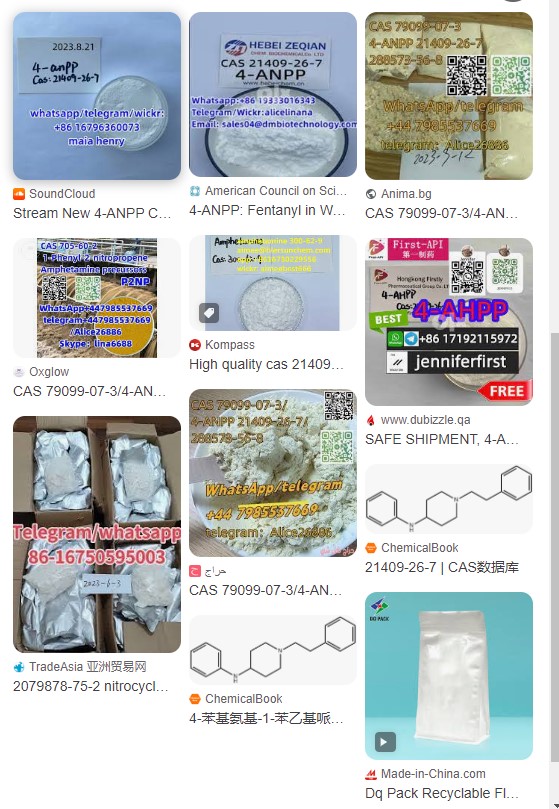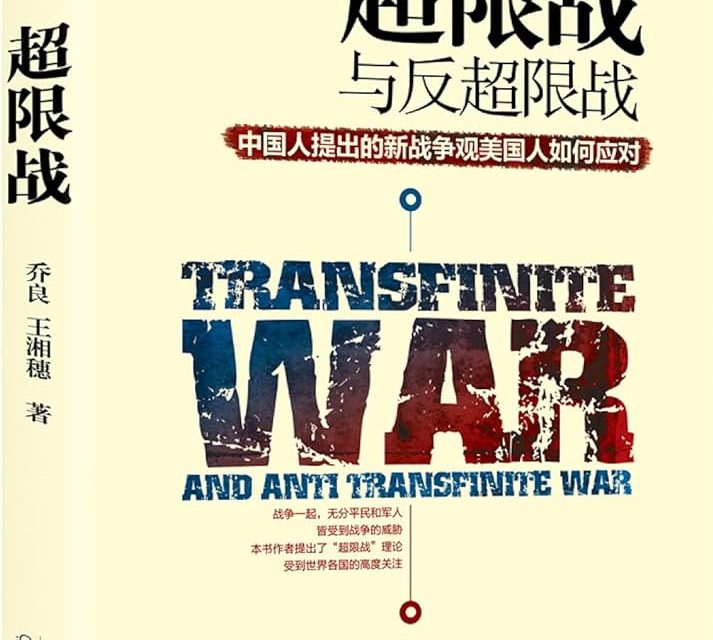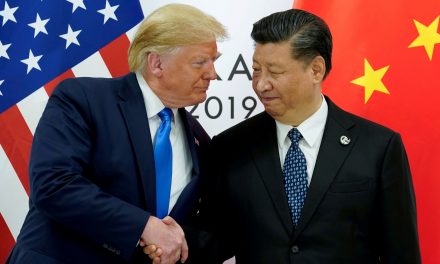By Jeanette Tong and Evan Osborne
Using delivery services to send fentanyl or its ingredients from China to the U.S. has long been a method employed by drug traffickers inside and outside our country. In general, illegal drugs imported into the U.S. via the mail has long been a problem; in fiscal year 2023, the U.S. Postal Service intercepted 95,537 pounds of illegal narcotics overall. But U.S. efforts to limit the practice pale into insignificance compared to the overall amount, imports of such substances here, even via nominally legal channels.
In general,, driven by the rapid growth of e-commerce, China’s express delivery sector has expanded exponentially over the past decade. The PRC government proudly announced that in 2023 alone, China’s express delivery volume reached 132.07 billion parcels, accounting for more than 60% of the global total.

However, the U.S. feels overwhelmed and helpless because of of the more than 2 million small parcels arriving from China each day. “We have no idea what’s in these packages or their true value,” remarked Robert Lighthizer, the former U.S. Trade Representative, told a House panel in 2023.
Despite years of pressure, diplomatic protests, and numerous meetings between the U.S. and PRC governments to putatively establish cooperation, fentanyl suppliers are still easily found online today.
These sellers are active on major social-media platforms, and well-versed in convenient, discreet international payment methods. They also claim that they can “cleverly” hide the drugs in packages containing harmless goods, such as inexpensive accessories, and guarantee clearance and safe delivery to the U.S.
Although the U.S. Postal Service has enhanced its inspection technology, manpower, and other countermeasures, identifying these substances in the massive volume of parcels remains a significant challenge. This is why intercepting precursor chemicals and drug-manufacturing equipment before they leave foreign shores has become crucial, as the U.S. Customs and Border Protection (CBP) stated.
In response to U.S. pressure in 2019, China pledged to enforce three key measures domestically on parcels sent to the U.S., according to an official Chinese statement — real-name registration for senders, open-parcel inspection, and security-scan checks.” But the PRC has shown little interest in actually following through on its promises. Five years have passed, and these three pledges have still not been meaningfully implemented in China.
As the world saw during the extreme COVID lockdowns, as an authoritarian government the PRC has plenty of administrative measures and high-tech tools to efficiently control society. By 2017, Chinese customs had already developed an intelligent imaging system based on CT scanning and capable of effectively detecting drugs hidden in parcels. In April, 2024, former attorney general Bill Barr described to the select House committee monitoring threats from China how a society as comprehensively surveilled as China certainly knows about the traffic, and thus chooses to look the other way.
While the PRC has repeatedly claimed to have enacted relevant laws and even punished some offenders and even showcased photos of its national drug laboratories, it has simultaneously expanded export subsidies for illicit substances, including all fentanyl ingredients. In its 2024 National Drug Threat Assessment, the Drug Enforcement Administration describes Chinese suppliers as “the main source of the chemicals used in the production of illicit fentanyl,” with the chemical ingredients shipped to Mexico, where cartels manufacture the substance before smuggling it into the U.S.
China’s typical strategy when dealing with U.S. pressure is to talk the talk by promising to act, but ultimately refuse to walk the walk, making no real changes that could affect its own interests.
In Chinese, this is known as “drawing the big cake” (画大饼) — the drawing looks great on paper, but you will never get to eat it. Any plans proposed by the PRC are merely symbolic gestures and will either be delayed indefinitely or never implemented at all. While diplomatic negotiations drag on, China continues or even accelerates its agenda, further harming U.S. interests. In 2017, around 27,000 Americans died from fentanyl overdoses. Despite years of ongoing talks between the U.S. and China over the topic, by 2024, this number had surged to over 100,000. Meanwhile, the number of companies involved in China’s fentanyl supply chain in the same period has grown from a few hundred to 160,000. This indicates that not only has the PRC government failed to regulate fentanyl producers, it has also encouraged the industry’s expansion. Why?
- The fentanyl supply chain creates jobs and lucrative profits, helps Chinese small businesses generate foreign exchange, and alleviates the current economic crisis.
- It weakens the U.S.—the CCP’s primary adversary—without the need for military conflict. Since young Americans voluntarily purchase these drugs, this strategy aligns perfectly withthe tactics described in the book *Unrestricted Warfare* by PLA General Qiao Liang, which advocates unconventional warfare methods like viral, bacterial, and propaganda warfare to weaken enemies.
We must recognize that China has no reason to negotiate in good faith and help the U.S. address Chinese contributions to the U.S. drug problem, and substantial reason to want to worsen that problem. To address the problem here, since it will not be addressed there, we should regulate international parcel carriers that claim ignorance of shipping large quantities of drugs from China, such as China Post EMS, SF Express, DHL, and Good Hope International. We recommend the following:
- Enabling inspection: The PRC government must implement its promised three measures for all parcels bound for the U.S.: senders’ real-name registration, open-parcel spot inspection, and use of CT Scan systems to inspect all parcels.
- Carrier Accountability: For countries that are major sources of illegal drugs, such as China, special regulations should be implemented to penalize carriers. For example, if drugs are found in parcels sent through China Post, penalties could be applied progressively, initially based on the specific originating postal code. Measures could include inspecting or even ending all parcels or any mail at all from designated places. For carriers themselves, hefty fines should be imposed, and shipping companies found to be transporting drugs should be severely penalized, including suspending operations in the U.S. until there is compliance.
- Sender Penalties: insist the PRC penalize senders involved in drug trafficking. This includes prosecuting or restricting businesses engaged in facilitating illegal shipments.
Dealing with the hostile CCP requires a strong, proactive stance. A rigid, slow bureaucratic response will only lead to defeat. Every day, we helplessly watch over 270 young lives disappear. Lawmakers, if you do not act quickly, are you not also complicit in this crisis?
Jeanette Tong is a research fellow at Citizen Power Initiatives for China.
Evan Osborne, Ph.D., is a professor of economics at Wright State University and the author of “Reasonably Simple Economics: Why the World Works the Way it Does” and “The Rise of the Anti-Corporate Movement: Corporations and the People Who Hate Them.”






















